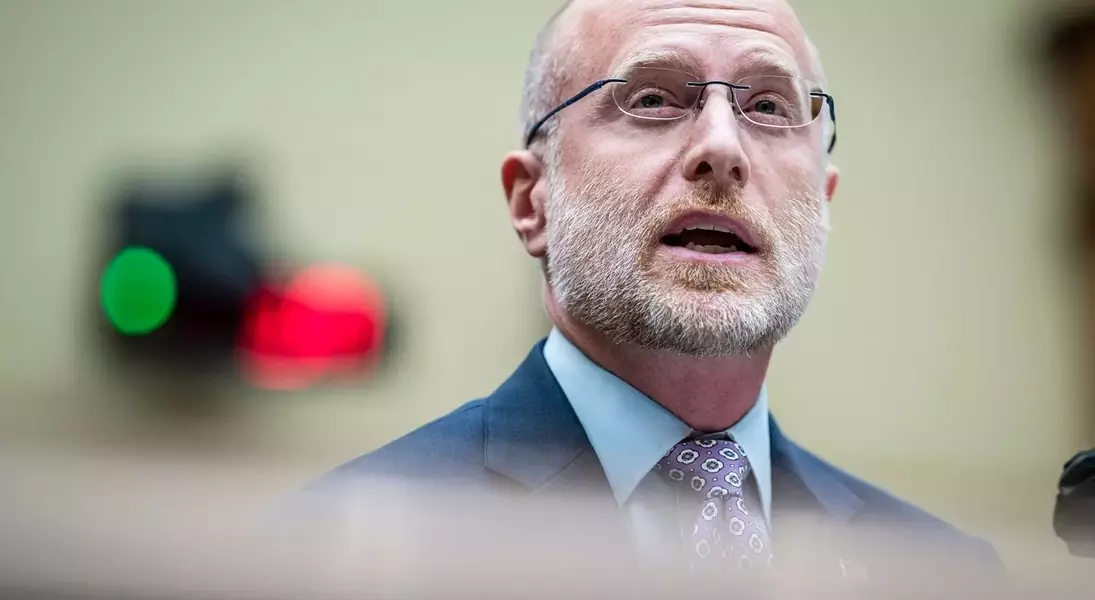
The Federal Communications Commission (FCC), under the leadership of its new chairman, Brendan Carr, has initiated an investigation into Comcast's diversity programs. This move comes in response to a recent executive order signed by President Trump, which directs the Attorney General to scrutinize private sector companies with controversial diversity, equity, and inclusion (DEI) initiatives. The inquiry aims to uncover potential discriminatory practices within these programs. Critics argue that such actions undermine free market principles and small government ideals. Meanwhile, supporters of DEI initiatives maintain that a diverse workforce enhances business performance and innovation.
Comcast Faces FCC Scrutiny Over Diversity Programs
Under the spotlight, Comcast must now respond to questions from the FCC regarding its DEI efforts. The company’s spokesperson confirmed cooperation with the agency, acknowledging receipt of the inquiry. This development marks a significant shift in regulatory focus, as Carr leverages the executive order to probe not only Comcast but also other entities regulated by the FCC. The investigation is expected to provide insights into the broader implications of DEI programs across various sectors.
In detail, the FCC's scrutiny of Comcast's DEI practices reflects a growing trend of conservative backlash against corporate diversity initiatives. Carr believes this examination will contribute to eliminating perceived biases in hiring and support practices. For Comcast, this means facing intense scrutiny over its commitment to inclusivity. The company's stance on maintaining or adjusting its DEI programs could set a precedent for how businesses navigate this politically charged landscape. Moreover, the investigation may influence NBCUniversal operations, further complicating matters for the media giant. As the inquiry unfolds, stakeholders eagerly await the outcomes that could reshape industry standards.
Political Pressure Shapes Corporate Responses to DEI
President Trump's re-election has intensified pressure on businesses to reconsider their DEI strategies. Companies like Meta and Amazon have preemptively abandoned these initiatives, anticipating potential legal challenges. The political climate has forced organizations to weigh the benefits of diversity against the risks of governmental scrutiny. Paramount, CBS's parent company, exemplifies this dilemma, discussing settlement options to avoid prolonged litigation while pursuing mergers requiring federal approval. These moves underscore the complex interplay between corporate policies and political influences.
Ironically, critics of DEI often claim it leads to unqualified hires, yet many companies prefer recruiting from familiar social circles. Instances like Mark Zuckerberg's initial hiring practices at Facebook highlight this paradox. Similarly, Silicon Valley investment firm Andreessen Horowitz's decision to hire Daniel Penny, despite his controversial background, raises questions about genuine commitment to diversity. Despite some criticisms, DEI supporters argue that diverse teams drive better business outcomes. However, the rapid dismantling of these programs post-election suggests deeper motivations rooted in avoiding confrontation with the Trump administration. Ultimately, this scenario reveals the fragile nature of corporate commitments to diversity amid shifting political winds.
